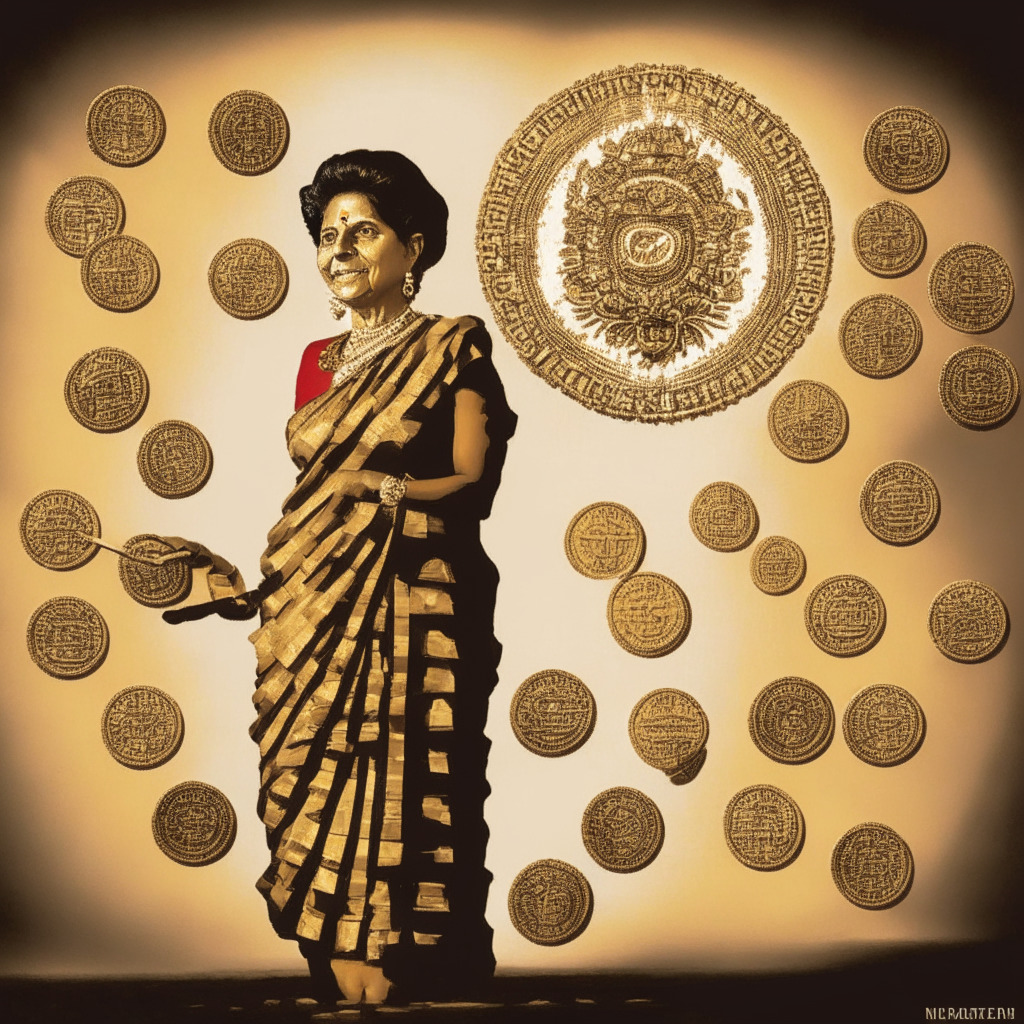In the rapidly evolving world of digital finance, regulatory climates across various jurisdictions have a pivotal role to play. In a noteworthy recent development, following a challenge experienced by exchanges Binance and Coinbase, Crypto.com, formally known as Foris DAX Global Ltd, has been officially registered by the Dutch central bank. This recognition is seen not just as an achievement for the company but also a step towards liberal regulatory views.
Consider the case of Binance and Coinbase, both of which ran into regulatory turbulence in the Netherlands. The Dutch central bank imposed hefty fines, alleging they served Dutch customers without registration. This mandatory step certifies compliance with anti-money laundering and sanctions norms. Binance, on failing to secure such recognition, decided for a strategic pull-out.
The successful registration of Crypto.com, thus, signifies a significant shift. This recognises its commitment to compliance, as voiced by Crypto.com CEO, Kris Marszalek. Similar regulatory green lighting has been witnessed in the U.K., Dubai, and France too, highlighting a growing trend of recognition and compliance.
But this development also raises a question: Is registration alone sufficient for companies operating in such a volatile, high-stakes environment? The answer might lie in the upcoming European Union laws slotted for 2024. These laws not only require exchanges and wallet providers to register but also to secure a license. Licensing, a step above mere registration, necessitates checks on governance and fiscal health. It broadens the operating horizon, allowing license holders to function across the 27-nation bloc.
This decisive evolution in regulatory standpoints brings up several considerations. On one hand, it helps in integrating crypto service providers into the mainstream financial agenda without diluting compliance. On the other hand, it also markedly increases the operational responsibilities and accountability of such providers.
In conclusion, while the recognition by the Dutch Central Bank marks a significant milestone for Crypto.com and the broader crypto industry, it also underscores the unmistakable need for ongoing regulatory dialogue and concerted efforts towards maintaining compliance. Navigating the regulatory rapids will likely remain a constant challenge for service providers in this arena. But the enduring appeal of decentralized financial systems assures that efforts towards regulatory rapprochement will prevail.
Source: Coindesk




